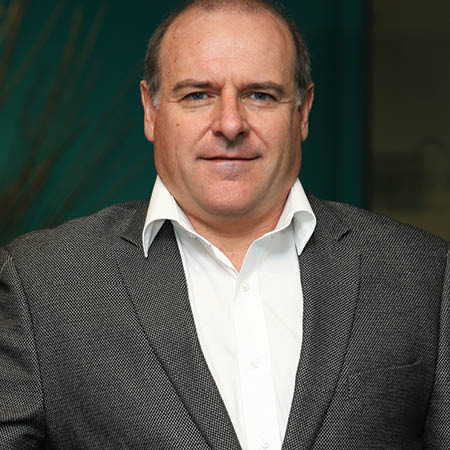Working as an environmental engineer with Shell for 10 years ignited Cristian Sylvestre’s interest in safety, and his determination to push the boundaries of modern safety thinking. “Shell is very devoted to safety, with excellent, streamlined safety-management systems. It’s great to have safety inductions, personal protective equipment, and even a culture of people looking out for each other, because when youre close to a hazard, these things can stop you from getting hurt. But then why are people still getting hurt? It was obvious there is a missing piece. “
Indeed, this search for the missing piece has preoccupied safety professionals for many years, with mixed results up until now. The most important breakthroughs in recent time have focused on human behaviour rather than containment of a hazard. Top-down safety approaches like safety leadership, senior management interventions, and behaviour-based observations have all tried to address the human end of the equation.
Cristian’s back to basics view is instructive. ”Ultimately, when a person gets hurt, they usually come into contact with a hazard, whether a moving object, a hot surface, or a slippery floor. First-generation safety management has focused on the hazard, which is a great first step: engineer away the hazard, contain the hazard, or at least protect people from coming in contact with it. But this has its limits you cant get rid of all the hazards from everywhere. Second-generation safety management, with a focus on the choices people make, was a necessary next step. When people feel its okay to ignore proper procedure, some sort of intervention is often appropriate. If you see your workmate or someone on your team not wearing safety glasses when they’re required, it has become accepted practice to say something rather than ignoring it, all in the name of helping out a mate. Safety culture in organisations grew out of this desire to define what sort of behaviour was generally considered acceptable.”

